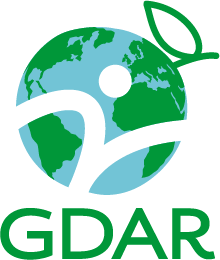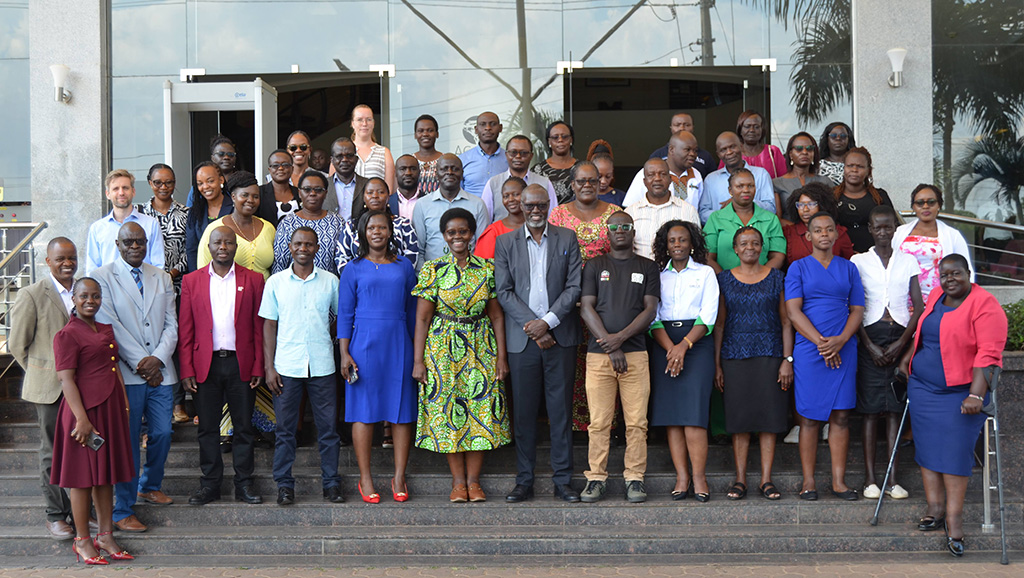Brian Otieno writes about the third stakeholder consultation in Kisumu. This blog post was originally published in The Kenya Medical Research Institute (KEMRI) Bulletin (Issue 155, p. 10)
“When you send away the CHAMA member from your house, you may be in trouble because even the bed you sleep on might have been bought by the CHAMA money!”
This humorous remark set the tone at a workshop held recently in Kisumu examining how CHAMAs, Kenya’s women-led self-help groups, are shaping urban food systems.
The event, part of the Global Diet and Activity Research (GDAR) Spaces Programme, was hosted by KEMRI and the University of Cambridge, United Kingdom.
The Friday, 25th, July 2025 brainstorming provided an important platform to spotlight the role of social economic impact of CHAMAs in Kenya.
CHAMAs have been long known for pooling resources and rotating credit and have evolved into vital platforms for food access, nutrition education, and small enterprise.
Participants heard how groups such as “Siri ya Jikoni” (Kitchen Secret) in Kisumu collectively buy food and cooking items to ease household burdens.
Research Scientist, Prof. Charles Obonyo noted that CHAMAs thrive on trust and shared values, providing not only financial but also social safety nets for members.
Research presented by Dr. Vincent Were painted a sobering picture of urban food insecurity with a survey of 200 households near Lake Basin Mall revealing that 69 percent being severely food insecure. Unexpectedly, male-headed households and even wealthier families reported higher-than-expected levels of scarcity.
Promising potential
CHAMA participation offered only limited protection, lowering food insecurity by a modest three percent after accounting for wealth and household size. “It’s a small but promising potential,” said Dr. Were, adding that better-structured CHAMAs could make even a greater impact.
Ms. Gladys Odhiambo shared stories from focus groups showing how CHAMAs adapt creatively turning alleys into container gardens, pooling funds for bulk buying, and sharing nutrition knowledge. Yet, many groups remain vulnerable, hampered by weak governance, reluctance to register formally, and climate shocks like floods and fires.
Kisumu’s First Lady, Dr. Dorothy Nyong’o, who delivered the keynote address, expressed concern about the paradox of wealthier and male-headed households being more food insecure. “It is disturbing because we expect men to be providers and wealthier families to be better nourished. What are we missing?” she asked, calling for more behavioural and sociological research.
Dr. Nyong’o urged a revival of indigenous food knowledge, citing her childhood memories of fruit trees, kitchen gardens, and fermented foods. “Our grandmothers knew more about nutrition than some of us with degrees. Let’s teach communities to eat better, not just eat more,” she challenged.
Representing the County’s Trade and Industry docket, Ms. Miriam Awedi announced plans to expand SACCOs to every ward and roll out an enterprise fund to support CHAMAs and traders. “Health begins with empowerment, and empowerment begins with economic activity,” she said.
CHAMAs’ role in food security
Officiating during the closing ceremony, Ag. Deputy Director, Infectious and Parasitic Diseases Programme at KEMRI, Dr. Stephen Wandiga, urged participants to think strategically “how CHAMAs’ role in food security can be strengthened; what training is needed most? And how can they be formalized without losing their grassroots strength?”
The consultation highlighted that while challenges remain, CHAMAs are more than savings clubs—they are community laboratories of innovation. With targeted support in policy, research, and financing, they could become powerful engines for food security and health equity.
The GDAR Spaces findings also challenge traditional assumptions that wealth or male headship guarantee food security. Instead, they show that cultural practices, priorities, and behaviours play a key role.
In Kisumu’s fast-urbanizing context, the message was clear: to tackle food insecurity and NCDs, Kenya must strengthen community-driven solutions, empower women, and revalue indigenous knowledge.
Read the full Bulletin

